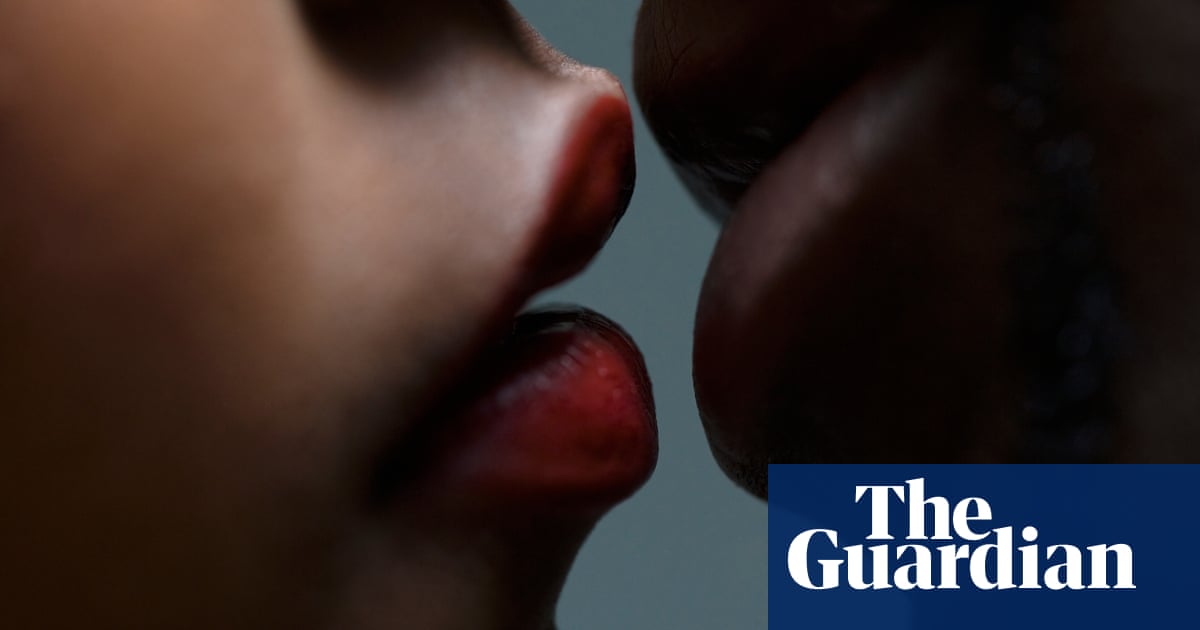People with coeliac disease can kiss gluten-eaters without concerns for their health, researchers have said after finding only trivial amounts of the protein are transferred during a french kiss.
About 1% of peoplearound the world are thought to have coeliac disease, an autoimmune condition triggered by gluten, although many do not have a clinical diagnosis.
While the condition can be managed by avoiding gluten-containing food and drink, vigilance is also required to prevent incidental intake.
Dr Anne Lee, an assistant professor of nutritional medicine at Columbia University, said her previous research revealed such concerns could take a toll on quality of life, particularly around social interactions.
“There was a real hesitancy for individuals with coeliac disease to kiss their partner,” she said, adding some even reported taking a toothbrush and mouthwash for their date to use first.
Research by Lee and her colleagues suggests people with coeliac disease can kiss goodbye to such anxieties.
“If you’re out and your date or your partner is having a gluten-containing meal, [they can] have a swig of something to drink, and we know that you’re going to be fine,” she said.
The research, which has not yet been peer-reviewed but is to be presented at Digestive Disease Week 2025 in San Diego this week, involved 10 couples, each of whom included one partner with coeliac disease and one without.
In two experiments carried out on different days, the team asked those without coeliac disease to eat 10 crackers containing gluten each, before either waiting for five minutes or immediately drinking 120ml of water and then kissing their partner for at least one minute with tongues. Immediately after each kiss, the saliva of the partner with coeliac disease was tested.
The results reveal only two of the 20 kisses resulted in the partner with coeliac disease having a gluten concentration in their saliva above the 20ppm threshold that is acceptable for “gluten-free” products. Neither of these kisses occurred after water was consumed, and only one was associated with a positive urine test for gluten the same evening.
What’s more, none of those with coeliac disease reported experiencing any symptoms in the six or 12 hours after a kiss.
However, the team found the saliva of the cracker-consuming, non-coeliac participants had a gluten content far above the 20ppm threshold after eating, whether they were tested five minutes, 10 minutes or 30 minutes afterwards, or consumed 120ml of water before testing.
David Sanders, a professor of gastroenterology at the University of Sheffield – who was not involved in the work – said that while the study was very small, the results should reassure people with coeliac disease.
“I admire the investigators for trying to take a scientific approach to something which has been a cause for concern within the coeliac community,” he said.
Dr Mahima Swamy, of the University of Dundee, agreed, although she noted gluten sensitivity varied among people with coeliac disease, meaning those who are very sensitive may have be more cautious.
“If you [have] symptoms despite following these guidelines, then it may be that you [are] much more sensitive,” she said.
